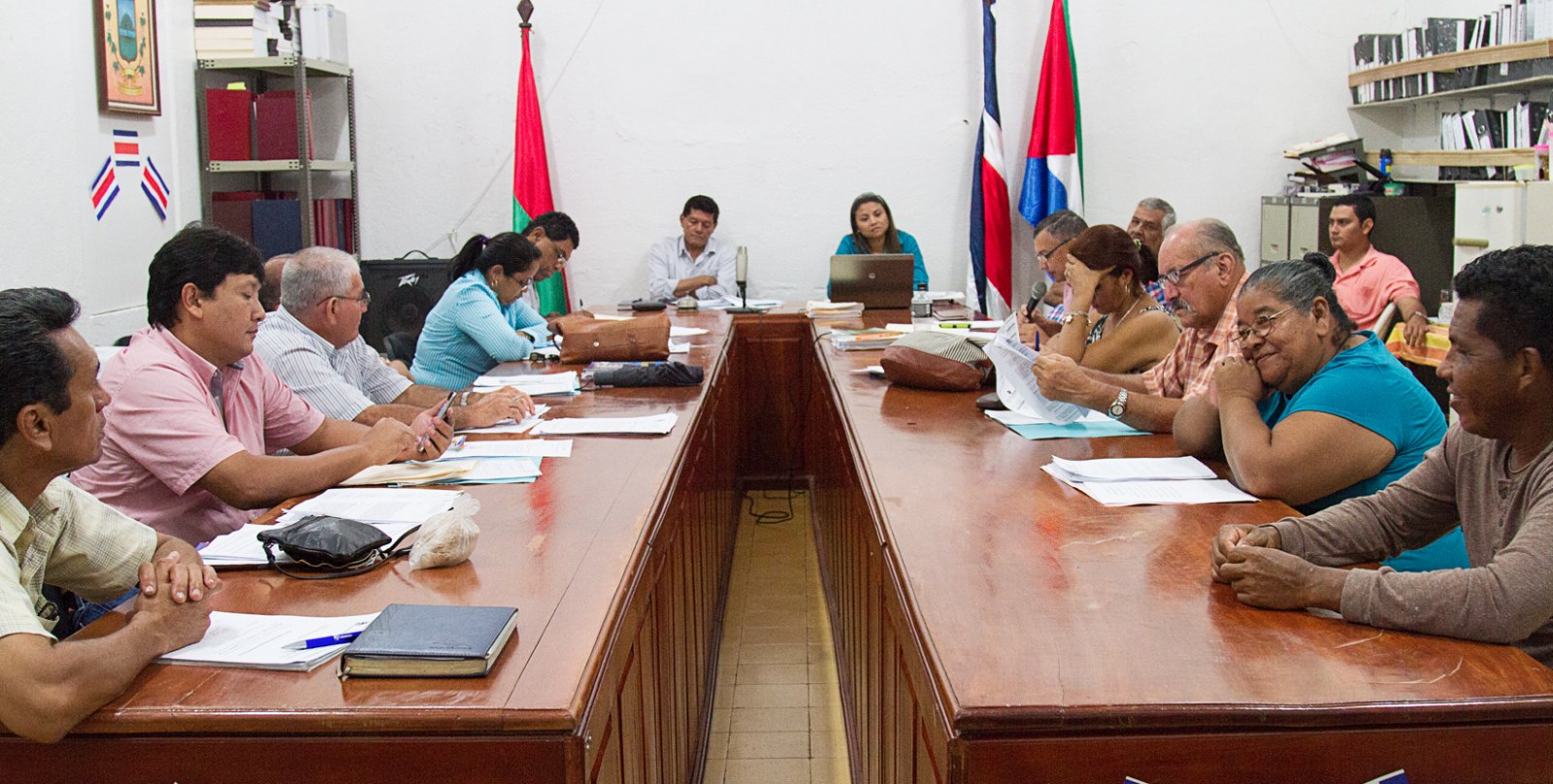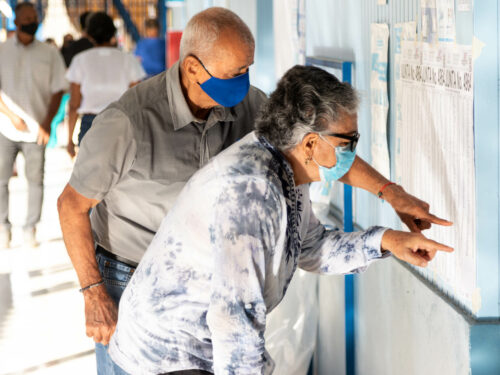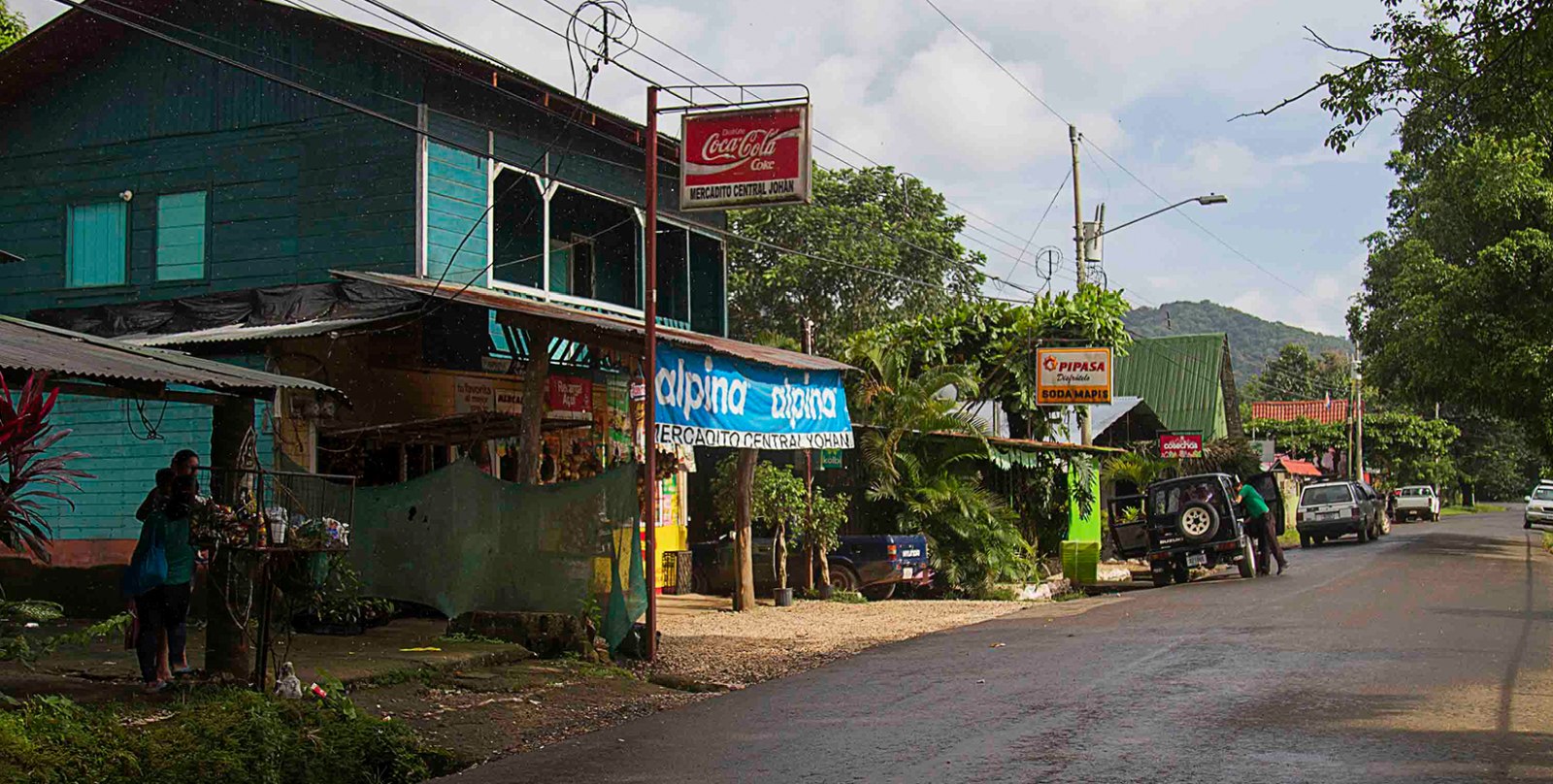
Rules for the popular referendum regarding the creation of a Municipal District Council in Nosara have begun to take shape with the municipal council’s approval to request support from the Supreme Election Tribunal (TSE – Tribunal Supremo de Elecciones) for the project.
During the Nicoya municipal council’s regular session on Monday, September 29, councilors approved the measure, proposed by the commission charged with addressing the subject, in order to understand the TSE’s criteria regarding popular votes.
The commission is made up of councilors Ana Lizeth Espinoza, Carlos Medina, Farith Granados, Mario Ondo and Rodolfo Orozco, who are tasked with drawing up regulations that will allow the canton’s residents to decide whether Nosara will have its own autonomy.
Rodolfo Orozco, the head of the commission, explained that, based on their analysis of previous regulations used in forming different district municipal councils throughout the country, they found that they will need a representative from the TSE to guide them regarding the referendum.
“From the regulations we’ve seen from different municipal district councils, it clearly says that you have to have a representative from the election tribunal to tell us how to proceed. Without the advisor we cannot create the regulations,” said Orozco.
The councilors estimate that the referendum process will cost the Municipality of Nicoya between ₵40 and ₵50 million ($74,000-92,000).
“Among the commission members, we thought that the cost would be around ₵40 and ₵50 million; the tribunal doesn’t provide anything, just the ballots and advisors. The financial cost will fall to the municipality,” said Orozco, who also estimated that the consultation will be made at the beginning of 2015.
Another subject discussed during the session was the creation of regulations for travel expense reimbursement received by council members for attending council sessions and representing the municipality at official events.
Alexander Gutierrez, the council’s legal advisor, indicated that the subject of distances that each council member has to travel still needs to be defined.
“The distance subject is a proposal and a mechanism to ensure that the travel expense subsidy’s benefits don’t go to those councilors and syndics that live close to the municipal council’s headquarters, and who, in reality, don’t need the subsidy,” reported Gutierrez.
Travel expenses for council members cover food, transportation and, in exceptional cases, lodging, if and when the member attends ordinary and extraordinary sessions or represents the municipality at official events in and outside of the canton.
Councilors approved to move the preliminary project to the mayor’s office and the audit department to learn their criteria. “It seems to me that the regulations project could be approved by the end of October of this year and start being applied in 2015,” said Gutierrez.







Comments